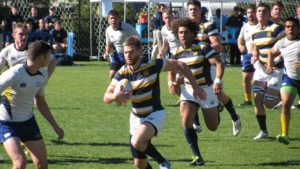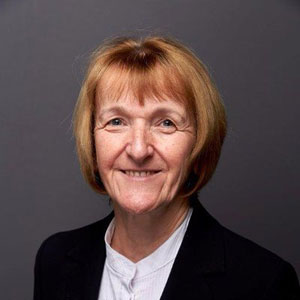Surgical Reconstruction and Microbiology Research Centre (SRMRC) research into the effects of concussion in sport is to be showcased in the corridors of power at the Houses of Parliament.
NIHR SRMRC Research Fellow Dr Lisa Hill, a neuroscientist at the University of Birmingham, has been chosen to display her work at the House of Commons on March 7.
Dr Hill was shortlisted from hundreds of entrants to present her research to politicians and a panel of expert judges as part of SET for Britain – a poster competition organised by the Parliamentary and Scientific Committee for researchers in the early stages of their careers.
It covers science, engineering and maths research being undertaken in the UK and is a chance for entrants to engage with politicians about their work. Entries are judged on scientific merit by representatives of relevant learned bodies, with the best selected to present posters in Parliament.
Dr Hill’s poster, in the Biomedical Sciences category, will showcase the RECOS study in which researchers at the SRMRC, a trauma research centre based at Queen Elizabeth Hospital Birmingham, are investigating repetitive concussion in sport, its possible long-term effects and novel methods of diagnosis.
Dr Hill said: “I am delighted to have been selected to present my sport concussion research to both Houses of Parliament at Westminster.
“Being able to present at SET for Britain gives me a great opportunity to showcase the ground-breaking research that we are conducting here at the University of Birmingham and the SRMRC.
“I am especially grateful to the project leaders, Professor Tony Belli and Dr Michael Grey, for their support of my application.”
Prizes of up to £3,000 are on offer to the eventual winners in a number of categories and Dr Hill will be looking to follow up her success at the 12th International Neurotrauma Society Symposium in Cape Town, South Africa.
Dr Hill’s presentation, Mitochondrial DNA and Traumatic Brain Injury, was voted best oral presentation of the conference, earning the prestigious Graham Teasdale Award and a 500 Euro cash prize.




